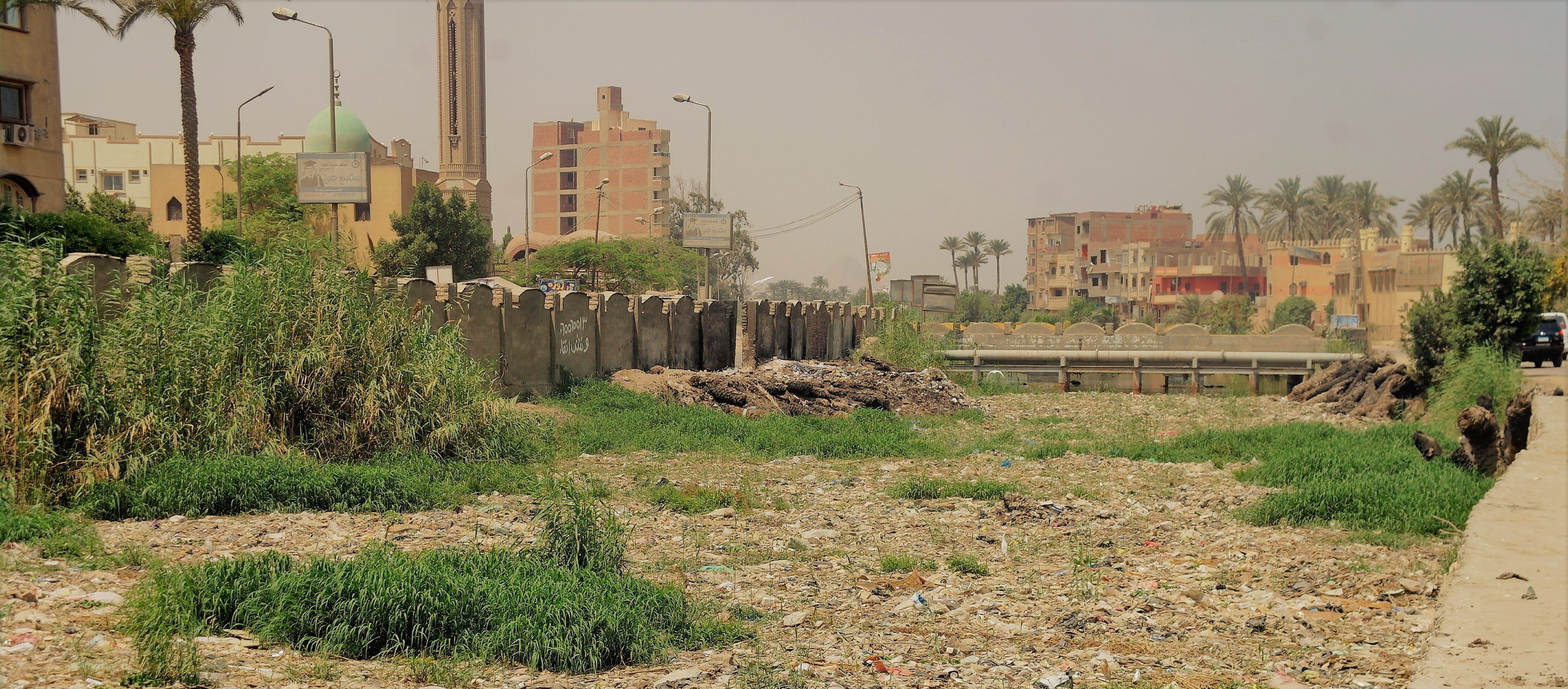The Lack of Public Goods in Emergent Economies: A Call for Research and a Case Study of Innovative Organisational Designs

Building Infrastructure in Emergent Markets Final
 Click to download
Click to download
In this forthcoming book chapter Nuno Gil draws on organisation design literature to call for research on the interdependency
between designing systems to build capital-intensive public goods (basic infrastructure) and navigating institutional
voids. Nuno grounds this call on a duality rooted in the two main concomitant efforts of our time to tackle this
challenge: the inclusive, market-oriented forms of organising as favoured by western development agencies; and
the centralised, state-led forms of organising espoused by Chinese agencies. Stuck between the struggle of the
former to act quickly and the uncertainty on the impact of the latter, this problem offers a topical context
for management scholarship. Nuno lays out a research agenda around the idea of ambidextrous systems with two
broad questions: Can more effective systems be designed by manipulating organisation boundaries? And can more
effective systems be achieved by manipulating the interplay between the formal and informal organisations? The
paper illustrates these points with evidence of an innovative organisational design to tackle urban informality
in Cairo, the world’s fastest-growing city.
Forthcoming in the Handbook of Inclusive Innovation: The Role of Organizations, Markets and Communities in Social
Innovation. Published by Edward Elgar.
Edited by Paul Tracey, Ted Baker, Havovi Joshi and Gerry George.

